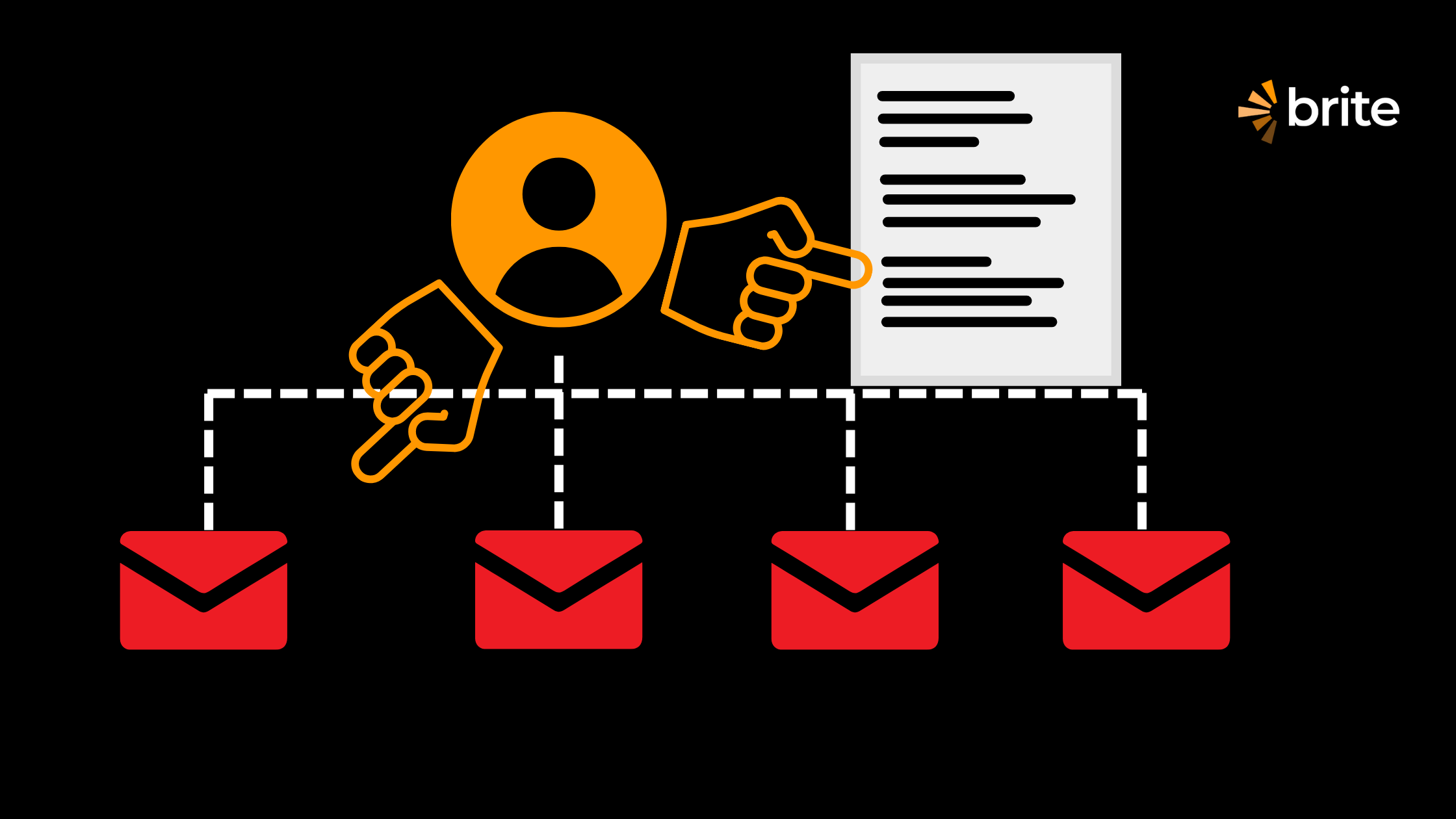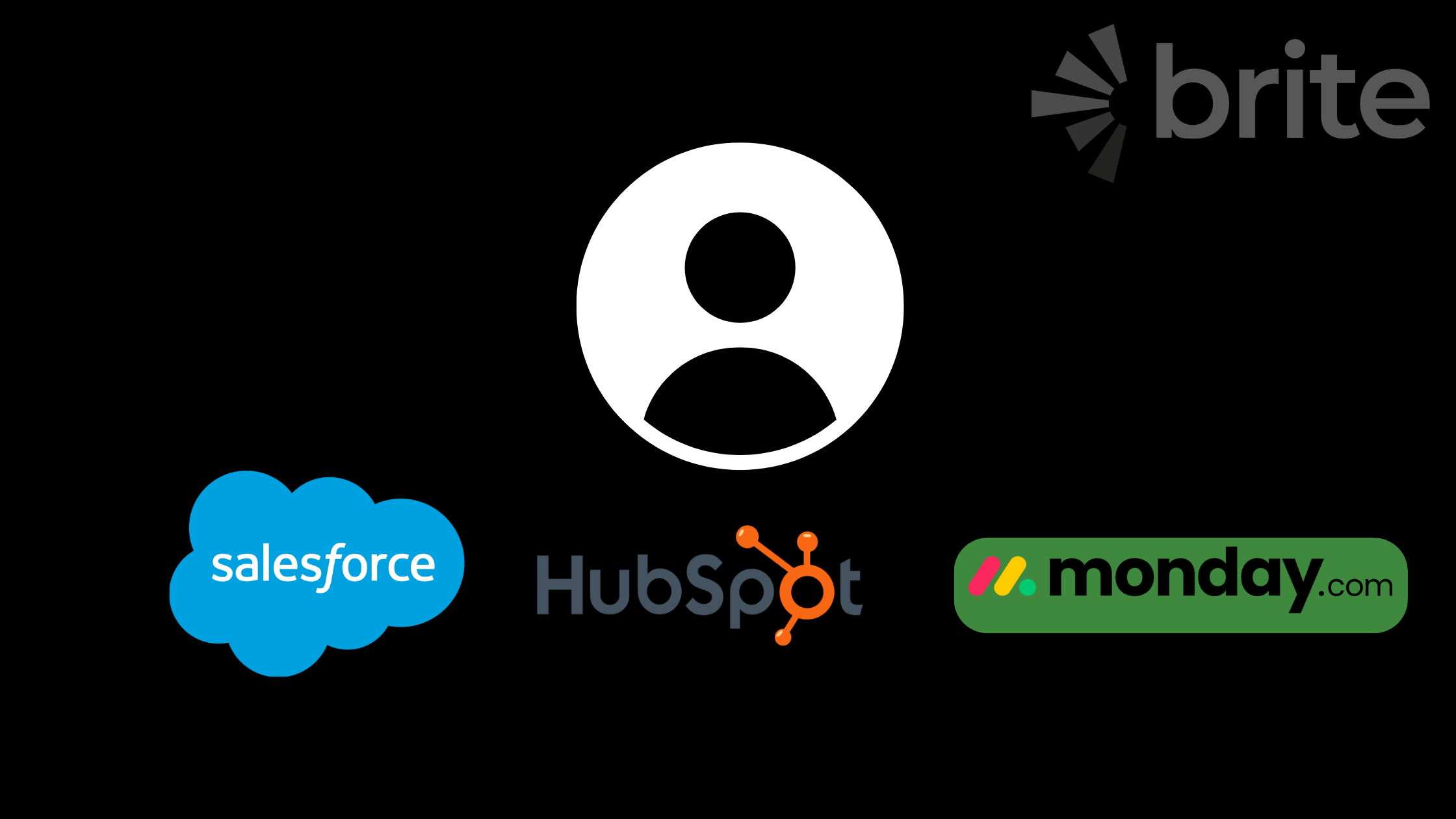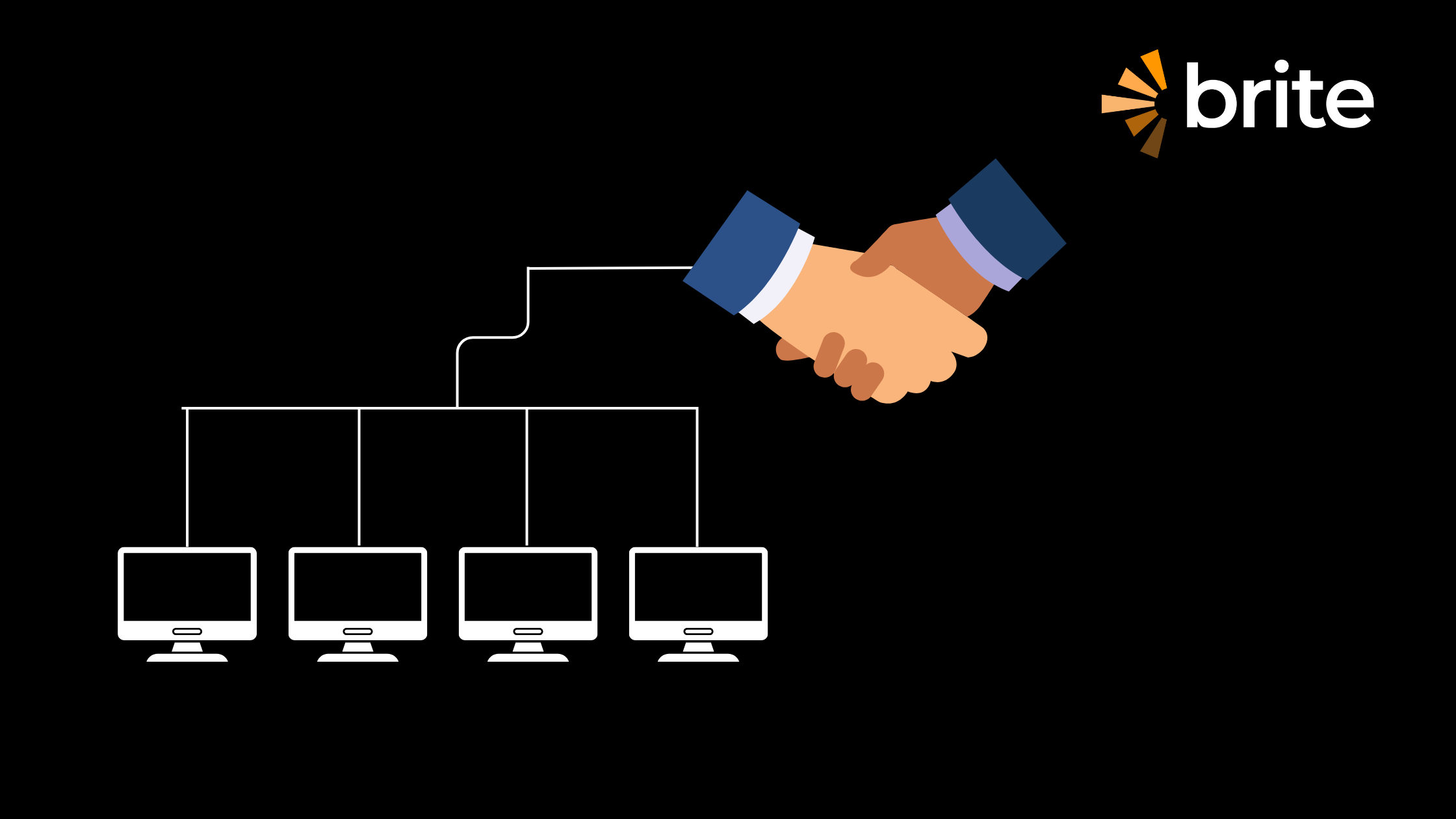
Growing companies increasingly find that their growth stalls due to a range of maladies, including poor task delegation, unclear performance metrics, or execution drift. Often, they feel like they are doing well and even growing, while metrics like ARR remain, well, stagnant.
RevOps is both a position and a mindset for doing business that emerged in the late 2010s, primarily in response to misaligned goals and inconsistent growth metrics in SaaS businesses.
For example, marketing often measures growth by metrics like ad spend, sales by sales numbers, and customer service by tickets resolved. These figures didn’t necessarily translate to overall company growth.
A growing number of businesses slowly decided, “Hey, what if instead of using these different numbers for success, we just counted revenue?”
No one is really sure who invented the actual term RevOps, though many credit Evan Liang, CEO of LeanData, for pushing the term and thought process into common use. Through LeanData, he created a community and event, “OpStars,” around the term. Since then, RevOps teams and mindset has proliferated much of the modern startup ecosystem.
LeanData released its State of Revenue Operations study in 2019, confirming what most business leaders already knew: SaaS companies that implement RevOps far outperform their peers on client conversion rate and revenue predictability. According to Gartner, 75% of the highest-growth companies will adopt a RevOps model by 2026.
At Brite, we help startups source highly skilled marketing professionals worldwide, including for RevOps positions in regions such as Latin America.
In this article, we want to explain:
- What exactly a RevOps professional does
- How RevOps fits into a marketing team
- What skills should they have
- Where to hire them
- And more
What Does a RevOps Specialist Do?
RevOps specialists are entirely focused on ensuring every action interacting with customers or potential customers contributes to revenue. It is their responsibility to:
- Point every team towards revenue and then
- Link all internal systems together so that it’s obvious which actions contributed to each rise or drop/ in revenue.
The caveat is that most departments outside of marketing tend to tie more or less directly to revenue. Generally, the brunt of a RevOps specialist’s work will be aligning marketing activities to revenue.
For example, say your marketing team is using HubSpot to track leads, but your company uses another app like NetSuite to track orders and invoicing, and the two don’t communicate. RevOps would focus on creating a connection between the two and getting the marketing team to think more in terms of revenue rather than leads.
In short, where marketing is outward-facing, lead-generation and client networks, RevOps is inward-facing and focused on smooth scalability and efficiency. Ultimately, the most important part of Marketing and RevOps is making sure they work in unison in a way that’s right for your company.
Typical responsibilities for RevOps specialists:
1. Audit your systems and processes
- Review your CRM, automation tools, and reporting stack
- Identify data issues, workflow gaps, and tool misalignment
- See: The dashboard built to integrate data on EliteBodyWorks' location-level profitability, real-time parts inventory, customer communication preferences, and more.
2. Clean and organize data
- Fix inconsistent fields, duplicates, and missing records
- Standardize how leads, contacts, and accounts are tracked
3. Build dashboards and reports
- Set up key metrics like CAC, LTV, and conversion rates
- Ensure reporting is real-time and decision-ready
4. Align teams on shared KPIs
- Define what counts as a lead, MQL, opportunity, etc.
- Help teams agree on funnel stages and goals
5. Improve cross-team handoffs
- Clarify ownership at each funnel stage
- See: Using HubSpot to clarify stages with leads such as “Inquiry,” “Site Assessment,” “Proposal,” etc., and assign a team responsibility for follow-up
- Prevent leads from stalling between marketing, sales, and success
6. Recommend and implement tools
- Suggest better-fit CRMs, automation, or analytics platforms
- Help with tool selection, setup, and integration
- Avoid overbuying or underutilizing software
What Is the Difference Between Marketing and RevOps?
In many businesses, RevOps plays a role in the marketing team. However, they are distinct parts of the business.
Marketing teams are responsible for creating demand, while RevOps ensures demand turns into revenue.
Marketing focuses on:
- Lead generation
- Brand awareness
- Campaign execution
- Funnel metrics
It’s outward-facing and focused on growth through visibility and engagement.
RevOps, on the other hand, ensures that:
- Leads move smoothly from marketing to sales
- Tools are mutually reinforcing
- Teams are working by the same definitions and metrics
For example, a RevOps professional working with marketing would be responsible for ensuring that activities such as ads, referrals, or influencer marketing directly result in converted leads. If one marketing effort is leading to massive amounts of leads that don’t convert, it’s RevOps' job to show that to marketing and get them to work on a different campaign.
This can get taken all the way down the pipeline. Say marketing has a successful marketing campaign that converts into sales leads that even convert to paying customers but most of these customers churn after a few days. Most teams with weak RevOps wouldn’t even register something like this as a failure in marketing or sales.
However, in this situation, a team with a strong RevOps professional would move up the funnel and get marketing to retarget slightly and sales to vet leads more carefully.
How Does RevOps Fit Into a Marketing Team?
RevOps normally rides behind the marketing team either in leadership or as a passive behind-the-scenes position, making sure it stays connected to revenue.
What RevOps does for marketing:
1. Ensures accurate data
- Tracks campaign performance through key performance indicators (KPIs)
- Validates source, spend, and outcome data
- Creates trust between teams by writing data reports and those making decisions based on the data
2. Manages key tools
- Owns and maintains your CRM and marketing automation platforms
- Handles integrations across the tech stack
- Reduces tool bloat and redundancy
3. Streamlines handoffs to sales
- Defines when and how leads move from marketing to sales
- Prevents leads from getting lost or stalled
Who Should RevOps Report To?
RevOps exists to align your go-to-market teams, so it should report to whoever owns that alignment or do the aligning itself.
Common reporting structures:
1. To the Chief Revenue Officer (CRO)
- This is the most common setup
- Direct alignment with sales, marketing, and customer success
- RevOps supports the full revenue lifecycle
2. To the CEO (early-stage)
- Best for small teams without a CRO
- Keeps RevOps focused on high-level growth goals
- Temporary solution; tends to shift as the team scales
3. To the Chief Financial Officer
- In this role, RevOps acts as an independent arbiter of trut,h representing the company to the finance team.
- This works better in more financially complex businesses
Whatever reporting chain you choose, avoid splitting RevOps too far across departments. Clear ownership leads to faster decisions, cleaner processes, and better results.
What Skills Should a RevOps Professional Have?
Not all RevOps consultants are created equal. Some specialize in tooling, others in strategy. For a growing SaaS company, you need someone who can get their hands dirty by fixing reporting themselves (a basic GTM-engineer skillset) as well as provide high-level guidance.
Core skills to look for:
1. GTM process knowledge
- Can map out the full customer lifecycle, from lead to subscription renewal
- Knows how to spot friction between teams and fix it
2. Technical expertise
- Proficient in CRMs (e.g., Salesforce, HubSpot)
- Comfortable with automation tools (e.g,. Zapier, Marketo, HubSpot workflows)
- Can manage integrations between platforms.
3. Data and reporting skills
- Builds clean, accurate dashboards, with extensive experience in Excel
- Knows tools like Looker, Tableau, HubSpot, Salesforce reports
- Understands key SaaS metrics: CAC, LTV, funnel conversion rates, etc.
You don’t just want a systems expert—you want someone who understands how those systems drive revenue. Look for a mix of execution and judgment.
At Brite, we try to source RevOps professionals from a marketing operations background as these individuals normally already understand how most reporting systems work. They also are highly attuned to tracking data.
Where Can I Hire RevOps Professionals?
Some common freelance platforms for hiring RevOps Professionals include:
- Upwork
- Toptal
- Growth Collective
But let’s face it: recruiting from these platforms can be exhausting. Hiring managers—or in the case of a growing SaaS startup, even the CEO—might spend precious hours sifting through, vetting, and interviewing candidates of dubious quality only to fire them down the line.
You could try a classic talent recruitment agency, but many of them are unspecialized in recruiting positions like RevOps.
We created Brite to help growing businesses like yours find marketing professionals in positions like RevOps around the world.
- We don’t have any recruiters. We screen candidates with experienced subject matter experts who lead teams in that domain.
- We go way deeper into the hiring process. Since we are subject matter experts, we act like hiring managers.
- We align long-term incentives with our clients through our pricing model. We charge no recruiting fees. Instead, we have a pay-as-you-go model.
Here is what this means for our clients:
- You can hire faster and with less effort on their side.
- You reduce the risk of making a bad hire since we send you candidates vetted by experienced subject matter experts, and our financial incentives are aligned long-term.
- You hire top-tier talent for a fraction of the cost of hiring in the US because we only focus on remote global talent.
How to Hire RevOps Professionals From Latin America
The main downside of looking for skilled RevOps agents in the US: the best ones can name their price and can be quickly poached by startups who’ve raised more funds than you.
An increasing number of companies are navigating this challenge and saving five figures or more per year by hiring talent from abroad. For example, Proven, an AI-driven personalized skincare company, saved over $70,000 /year by recruiting top talent from Latin America with Brite.
As our CEO Anil Yasyerli, likes to say, “talent is globally distributed; opportunities aren’t.” Global hires are sometimes overlooked because it’s assumed that the quality of their work won’t measure up to the needs of the company.
At Brite, we help you save as much as 50% on RevOps talent by sourcing marketers in Latin American countries like:
- Mexico
- Colombia
- Brazil
- Argentina
Interested in learning more? Fill out our form, and we’d be happy to hop on a call.






